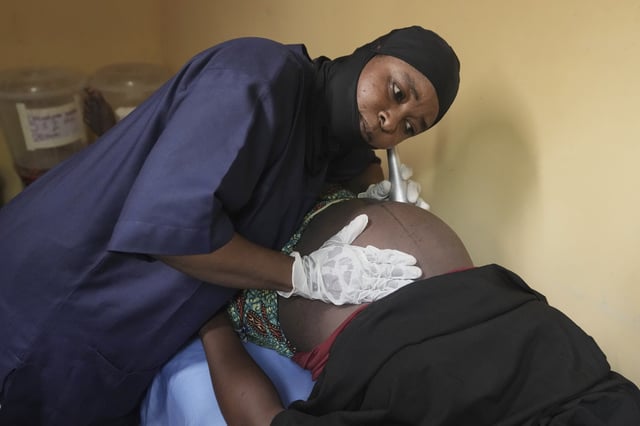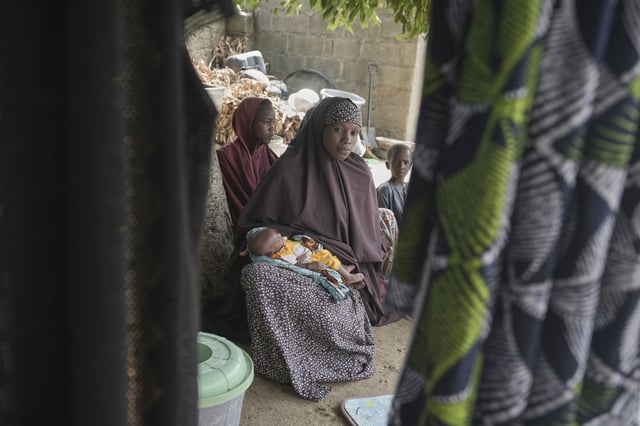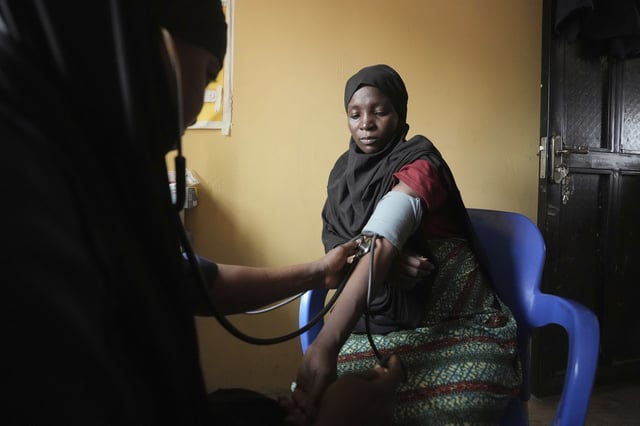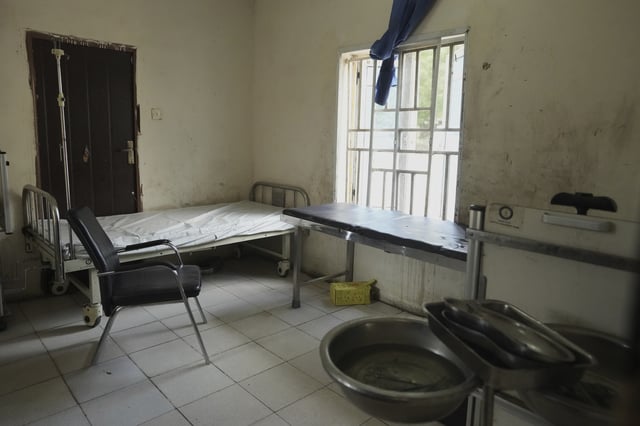Overview
- Boko Haram assaults have intensified in Borno state, with near-daily attacks closing roads and turning towns into military garrisons that block access to care.
- Major USAID programs have been dismantled, removing nearly $4 billion in 2020–2025 U.S. aid, including $423 million for maternal health and family planning.
- Nigeria announced a $200 million emergency health allocation, yet the 2025 family-planning budget dropped by almost 97%, widening service gaps.
- WHO data show Nigeria recorded about 75,000 maternal deaths in 2023—over a quarter of the global total—with at least one in 100 women dying in childbirth.
- Clinics struggle to recruit as doctors in Borno earn roughly $99 to $156 a month, leaving facilities understaffed and forcing risky journeys that have proved fatal.



